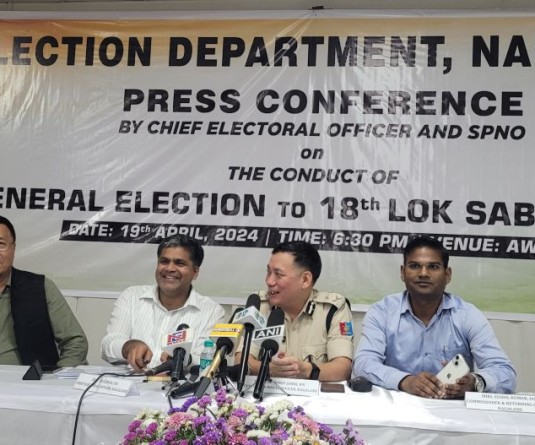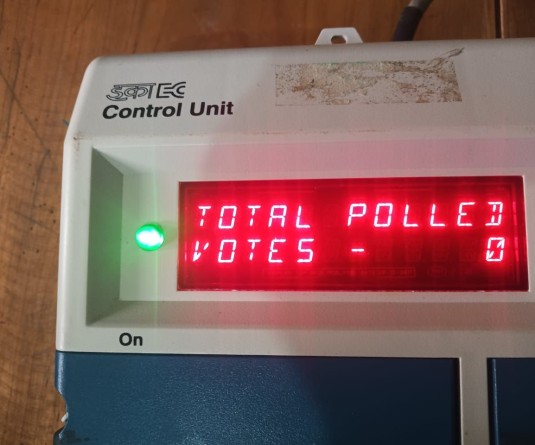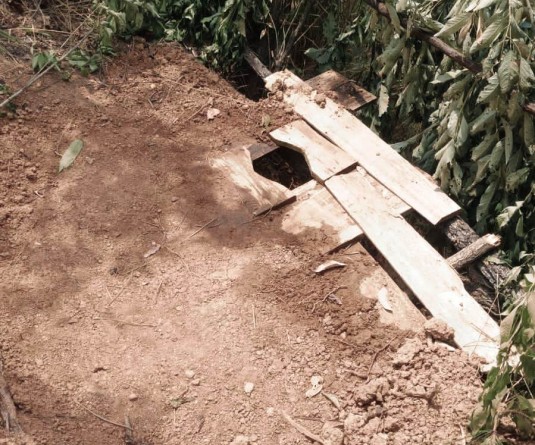
DIMAPUR, OCTOBER 23 (MExN): The second day of the North East India International Model United Nations (NEIMUN) was held in Dimapur on October 23. A press note from the NEIMUN informed that the delegates discussed on three thematic areas.
The first Committee discussed on illicit trafficking of small arms and light weapons, under the Sustainable development Goals 16, “Peace, Justice and Strong Institutions”. The Second Committee deliberated on access to primary and secondary education, under the Sustainable development Goals 4, “Quality Education” and the third committee discussed on “Equal representation of women,” the Sustainable development Goals-5 Gender Equality. The delegates comprised of young people from across North East India between the ages of 15-26 years.
The first committee discussed on the previous resolutions passed by the United Nations General Assembly and the United Nations Office for Disarmament Affairs and reviewed the impact of the Arms Trade treaty 2013. The delegates deliberated on the importance of strengthening border areas, importance of marking and tracking small arms, the need to monitor human rights abusers and trying to understand domestic laws on small arms and light weapons. The illegal markets on small arms were also reviewed. The delegates had a session on studying its impact, and on how it hinders development and peace process. The second committee deliberated on primary and secondary education. The delegates studied the importance of investing in education and how it has proven benefits for greater economic growth, improved public health and more resilient and peaceful societies. Delegates tried to identify ways to eliminate gender and disability disparities in education, how to improve the practical training for young people to obtain jobs and seek opportunities after completing schools.
The delegates of the third committee meanwhile discussed on how women across the globe are oppressed on different levels in both developed as well as under developed countries. While physical assault, domestic violence and rape are visible forms of violence against women, women also face oppression in the workplace and the corporate sectors when they are not paid equal wages as compared to men in the same sector.
Women in lesser developed countries also face discrimination and oppression in the form of child marriage and sex trafficking, the NEIMUN press note said. The linchpin of the committee, however, was the issue of political representation of women. The political participation of women in most countries of the world remains comparatively lower than that of men except for Rwanda (64%) and Bolivia (53%). The committee also discussed on how to solve the issues of gender inequality and the extent to which political participation could help alleviate gender discrimination.
Numerous institutions from several parts of the country are participating in this year’s edition of the event. They include Christ University from Bangalore; JNU and Motilal Nehru College from Delhi; NEHU from Meghalaya; Hill Queen Educational Institute and Saint Claret College from Arunachal Pradesh; Assam Don Bosco University, Cotton State University, Delhi Public School, Faculty High School, KC Das Commerce College, National Law University, Royal Globe School, South Point School, Tata Institute of Social Sciences, Tezpur University and USTM from Assam; Christ Higher Secondary School, Delhi Public School, Don Bosco Higher Secondary School, Hope Academy, ICFAI University, Jubilee Memorial School, Mezhur School, Modern Institute of Teacher Education, Nagaland University, Northfield School, Patkai Christian College, Pilgrim School, Sainik School, St Joseph’s College and The Maple Tree School from Nagaland; IGNOU Salesian College and Kalpataru Academy.





